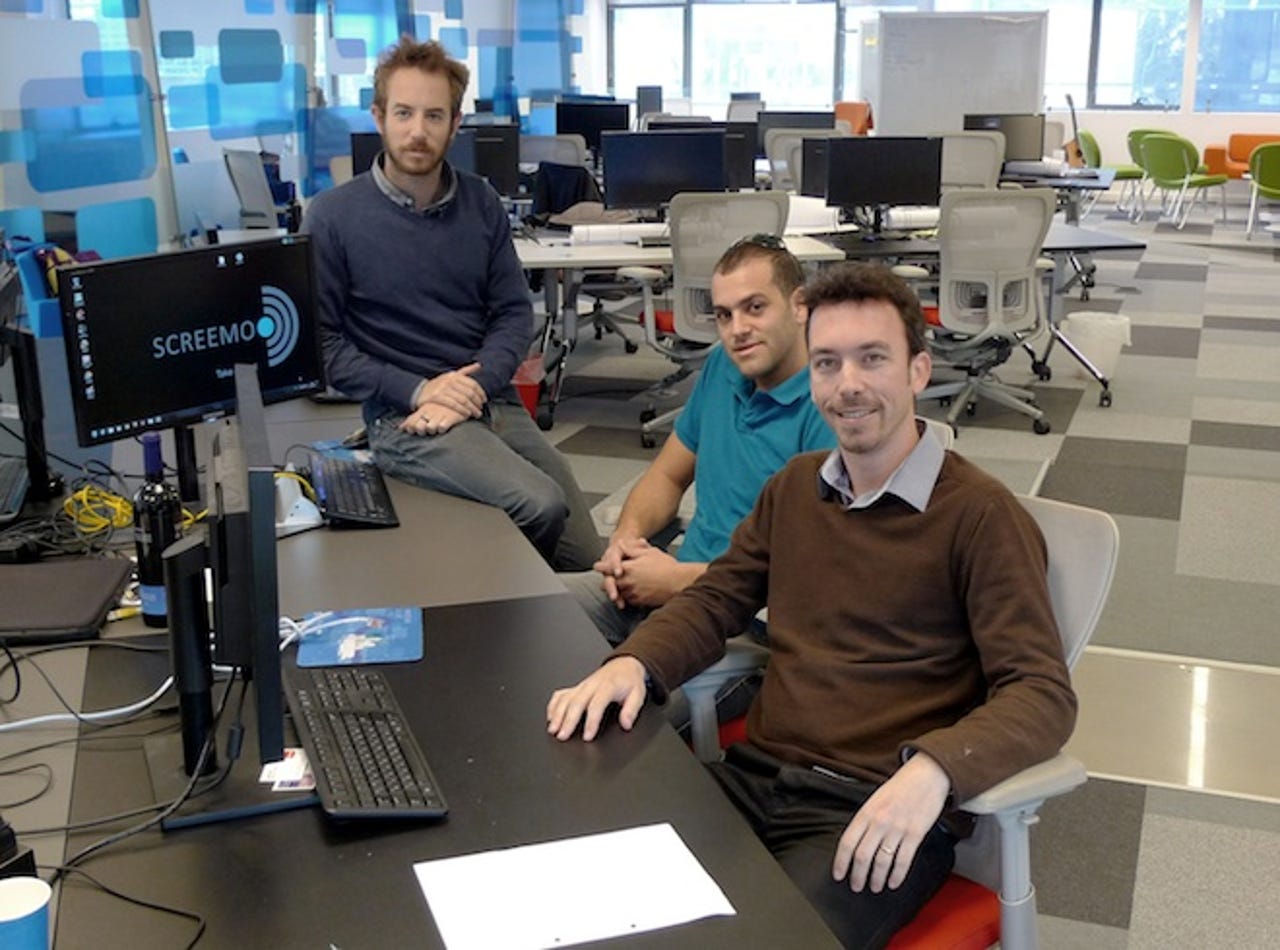Deutsche Telekom joins parade of tech giants on the hunt for Israel's startup talent


Without fanfare, over the past few years German telco Deutsche Telekom has made substantial investments in Israel, especially in its R&D facilities at Ben Gurion University, where teams are working on high-level mobile and big data security projects, internet of things tech, and much more. Now, the company is ramping up its activity, says an Israeli representative of hub:raum, DT's accelerator and incubator program for promising startups.
Besides Berlin, hub:raum has a center in Krakow, Poland — and, as of last week, it has one in Tel Aviv too, where Deutsche Telekom will be seeking out startups that have a beta or better product ready for "prime time", and which is a "a good fit with Deutsche Telekom business activities", according to the company.
And that's not just in the field of telecommunications, according to Gilli Cegla, a venture partner for hub:raum Tel Aviv. "Deutsche Telekom is much more than phones — we have a presence in mobile, the web, big data, and many other areas. There aren't that many startups we wouldn't be interested in."
Companies enrolled in hub:raum get assistance in setting up shop in hub:raum's Berlin headquarters, giving them the opportunity to connect with partners and customers in Germany and the rest of Europe.
Deutsche Telekom's model for investment is a pretty standard cash for equity deal with a discount, and the company prefers joining a funding round that it will contribute to, rather than running one by itself. It will provide up to €300,000 for qualified companies, via its T-Venture VC firm.
Companies enrolled in the program, meanwhile, get mentoring and other assistance from venture capitalists and startup experts, while Deutsche Telekom will help them "get traction in Europe, making their first sales or other deals", Cegla said. Financial support also helps to cover some of the travel and accommodation costs. In total, the program lasts three months.
The first startup
And Cegla, along with hub:raum Tel Aviv program head Axel Menneking, have already found their first candidate: Screemo, a relatively young startup whose technology allows a company's smartphone app to interact with big screens, like stadium scoreboards.
"Many businesses have wanted to do this for a long time, but it's just been too expensive and time consuming, since until now each event has required writing an application from scratch," said Adir Zimerman, co-founder of Screemo.
Screemo does the back-end work that goes into setting up the interactive system, which allows masses of users to engage with the scoreboard, answering questions in a quiz and hitting a button for instant big screen feedback.
Or, like in an actual event McDonald's ran in Sweden in 2011, allowing passerby to play a game of Pong against each other using their mobile devices, with the action appearing on a big screen and winners getting a coupon for free burgers.
Screemo has already run some test programs in Israel and via hub:raum, said Cegla; the startup will carry out three pilots in Germany, to try and whet the appetite of customers or would-be suitors.
In order to target potential startup candidates, hub:raum has set up a partnership with Tel Aviv accelerators The Junction and The Time.
Multinational interest
But hub:raum needs to beware: companies with solid technologies are much in demand by the growing number of tech firms and their affiliated accelerators. After all, Screemo itself is a graduate of another Israeli accelerator run by another multinational: the Microsoft Azure Accelerator in Herzliya, which last December enrolled Screemo and 12 other companies in its recently completed second group.
That Microsoft's accelerator focuses on very early-stage companies is just to Deutsche Telekom's benefit — but the competition by multinational IT companies for Israeli talent is ramping up quickly; Cisco, Sprint, and Google are all set to open programs here, too — and then there are the programs funded by US states and many European governments determined to get the next Waze to set up shop in their areas.
Everyone, it seems, wants a piece of the "start-up nation" — but Deutsche Telekom is willing to take its chances here, said Min-Kin Mak, SVP of new business at Deutsche Telekom and head of hub:raum.
"We know the start-up ecosystem and the in-depth technological know-how here in Israel, and hold this in high regard," he said. "We are able to open doors for the start-ups within Telekom and partner companies, giving them a further push towards success. In this way, we want to make use of synergies and bring products to the European market together."